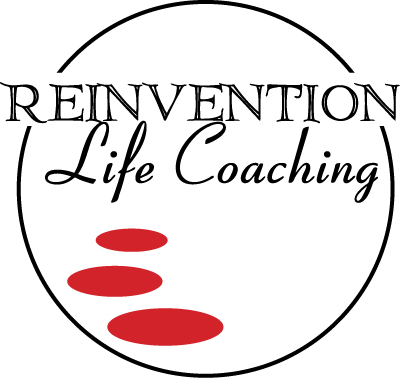
What is actually going on when your clients, co-workers, or family members keep repeating the details about how they have been wronged by someone else? One strong possibility is that they are not feeling “emotionally heard” by you. Therefore, your advice, your solution to the problem, your legal instructions, or your financial guidelines cannot be received and integrated. Their immediate need is not being addressed, so they are unable to shift into taking proactive steps forward.
You can facilitate that shift within just a few moments of time. In your own style, give them the message that you “get” how they are feeling. It can sound like this: “I’m hearing that you are feeling very hurt, disappointed and frustrated.” Or, “It sounds like you are feeling extremely angry and betrayed.” You want to say this using eye contact and a respectful and compassionate tone in your voice, giving your complete attention to the person for those few moments. You might continue to say, “Given what you have experienced, it is very understandable that you would be feeling that way.”
You have now identified and named the emotions that the person is feeling and you have validated that those feelings can be expected given the situation. That does not mean that you necessarily agree with the person’s assessment or behavior. It just conveys that you “get” how they are feeling, given their perception.
Try out the above beginning step towards making others feel emotionally heard. You may be surprised by their relieved reaction, their appreciation, and by their ability to listen to the content that you begin to bring across after that interaction. At this point, they may even be ready to integrate challenging points of view that they were unable to hear previously. Often, when we are feeling rushed, we want to get right to the content or instructions that we need to communicate. The extra few moments to help someone feel “emotionally heard” first, can actually save you hours of breaking through his/her resistance.
So, next time your client or friend keeps ruminating about his/her situation, instead of feeling annoyed and perhaps even hopeless, help him or her shift into a more proactive place by listening in this way. The results are often striking.
Join Professional Life Coach, Heidi Krantz, OTR, CPC at the Divorce Catalyst Conference where she will present additional communication strategies for divorce professionals at her workshop session: “Communication Strategies That Work.” www.DivorceCatalystConference.com
Or click here to schedule Heidi as a speaker for your group or practice: https://reinventionlifecoaching.com/schedule-heidi-as-a-speaker/
